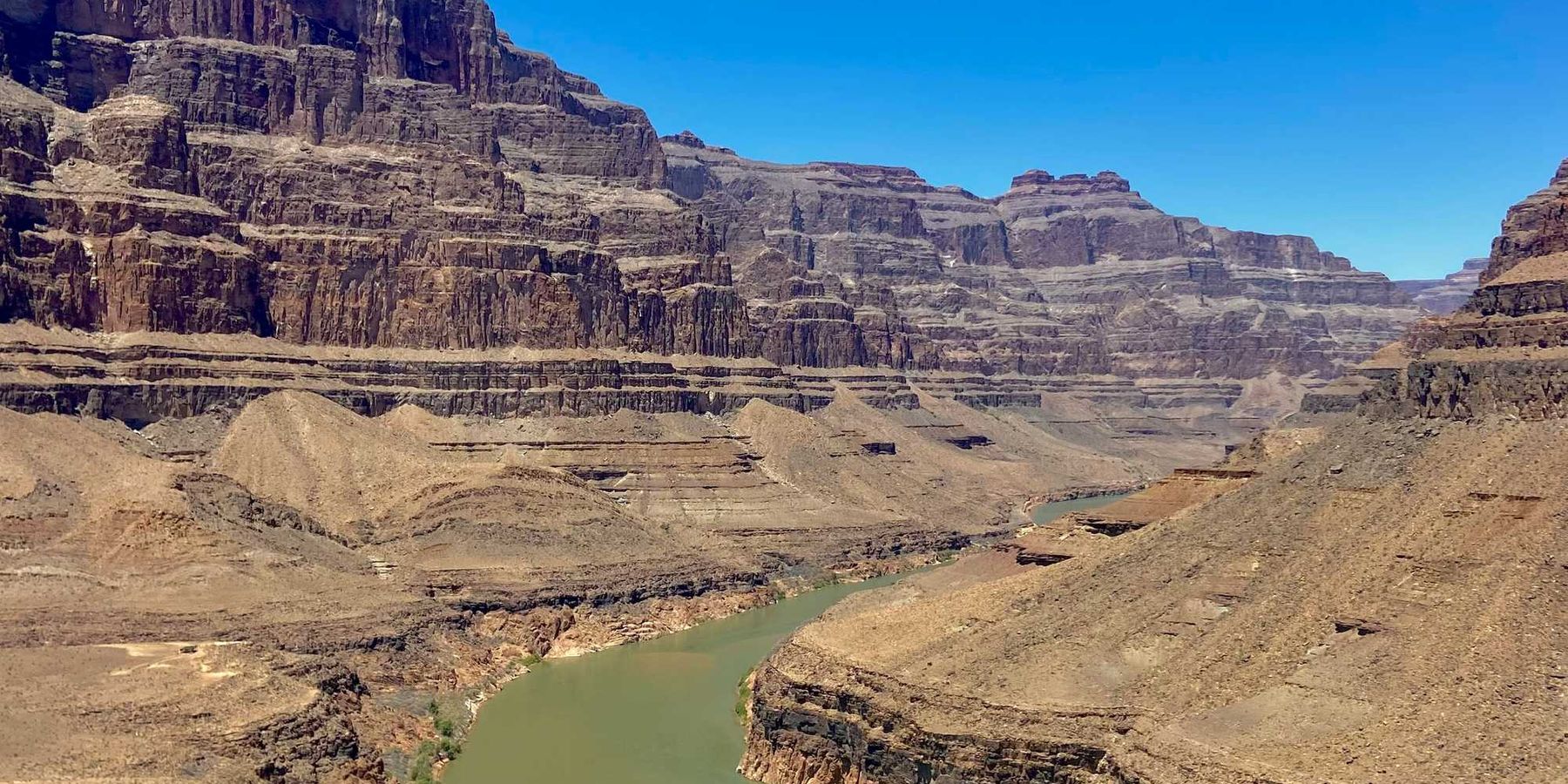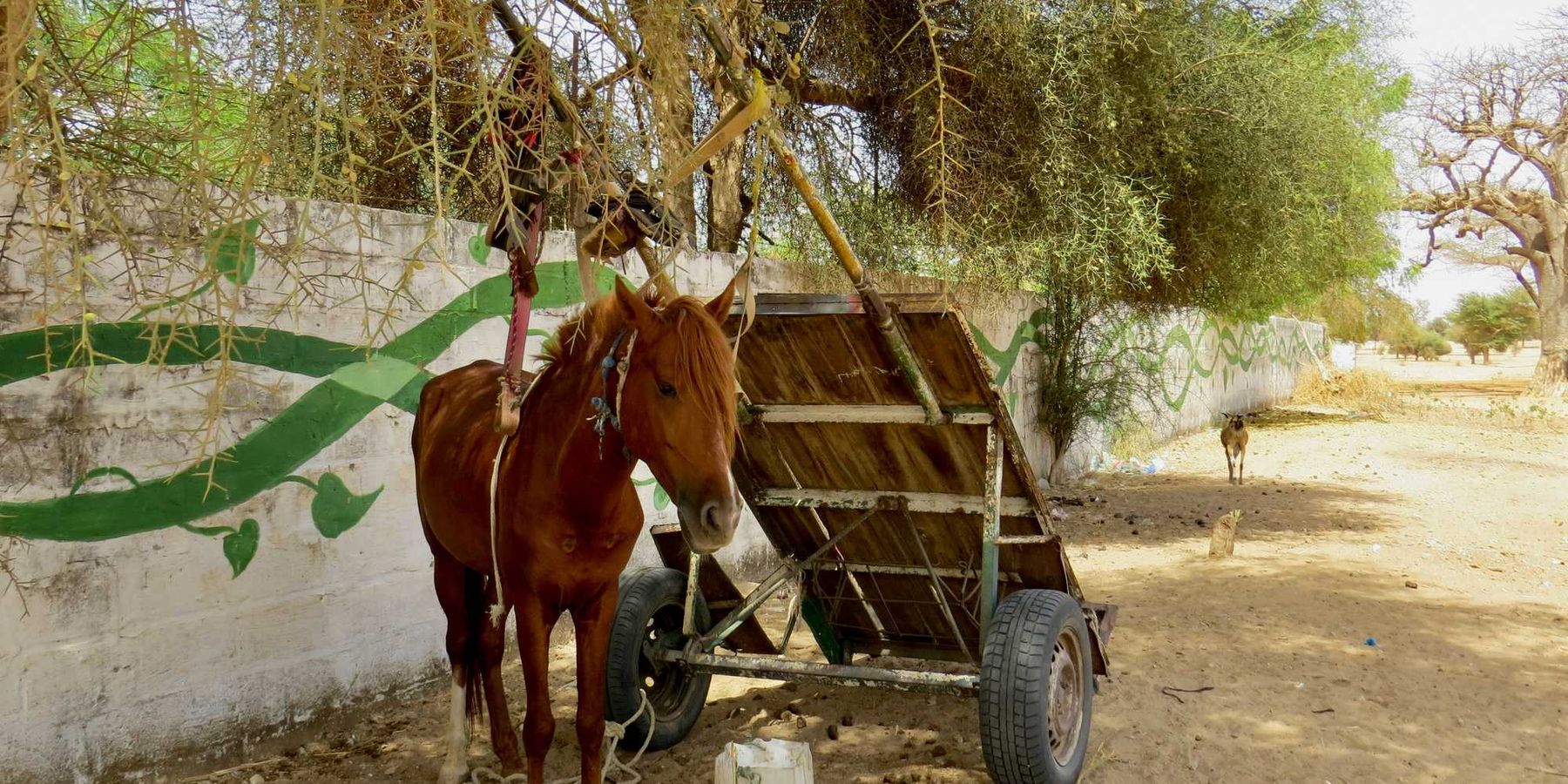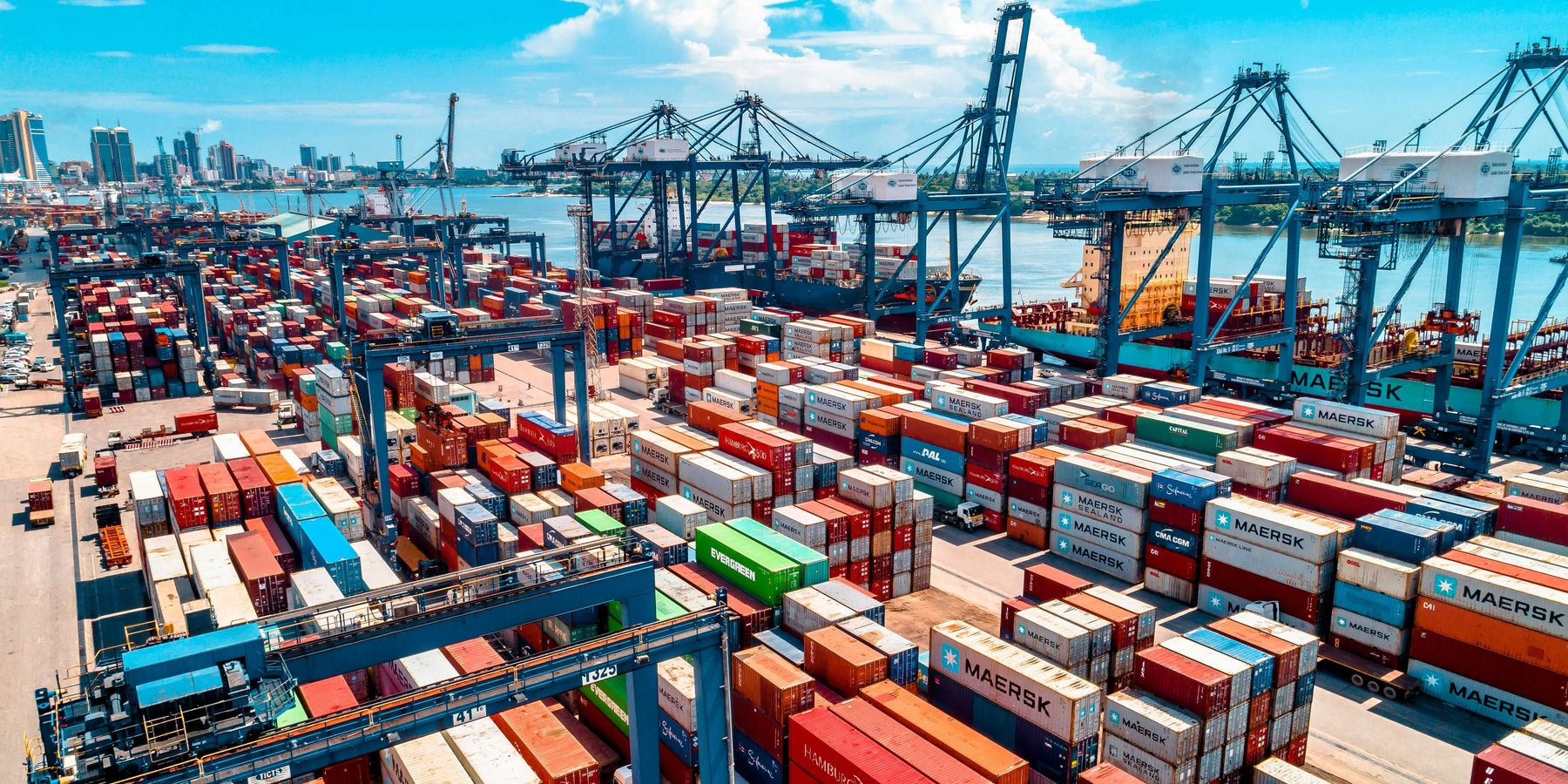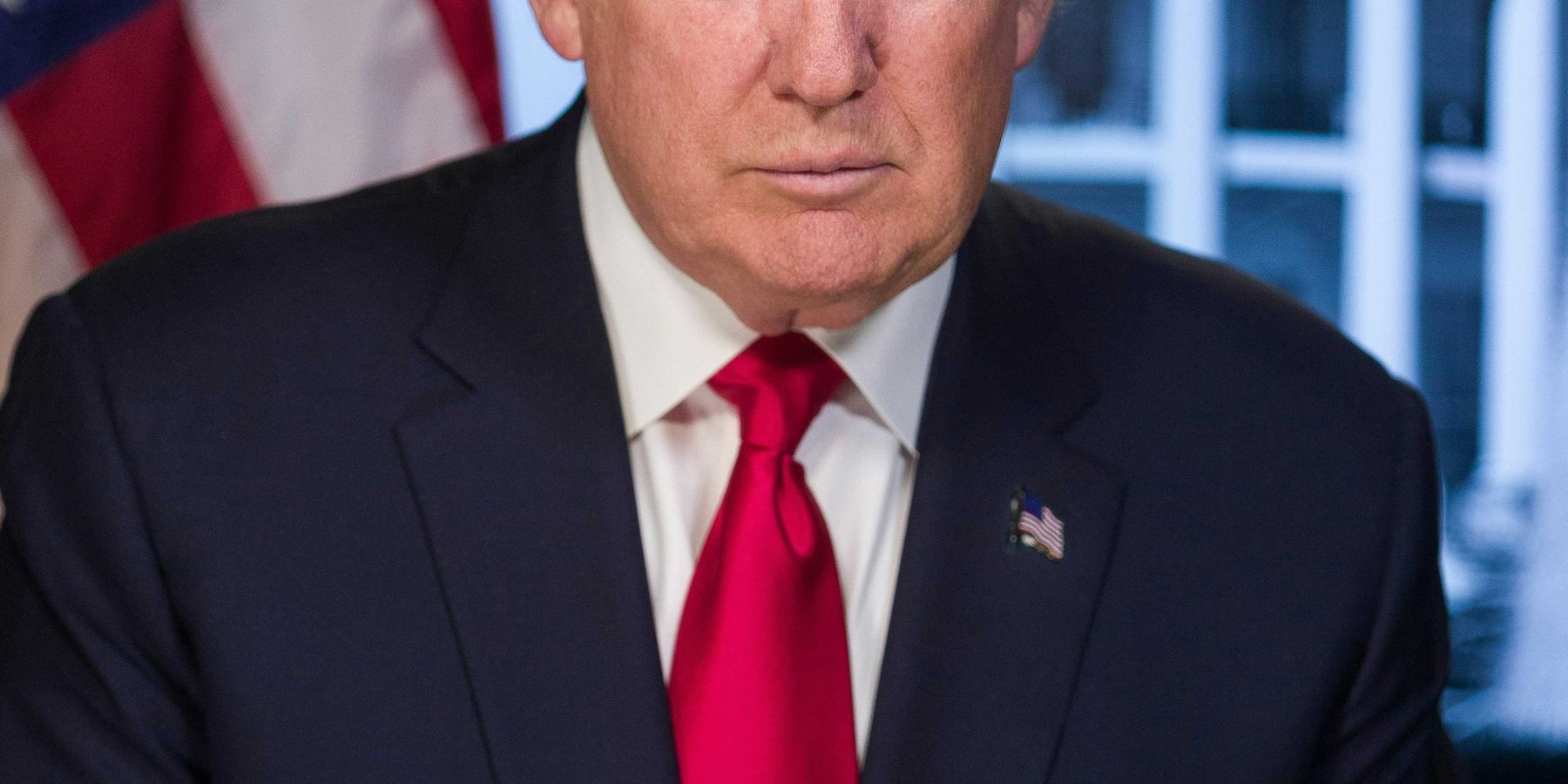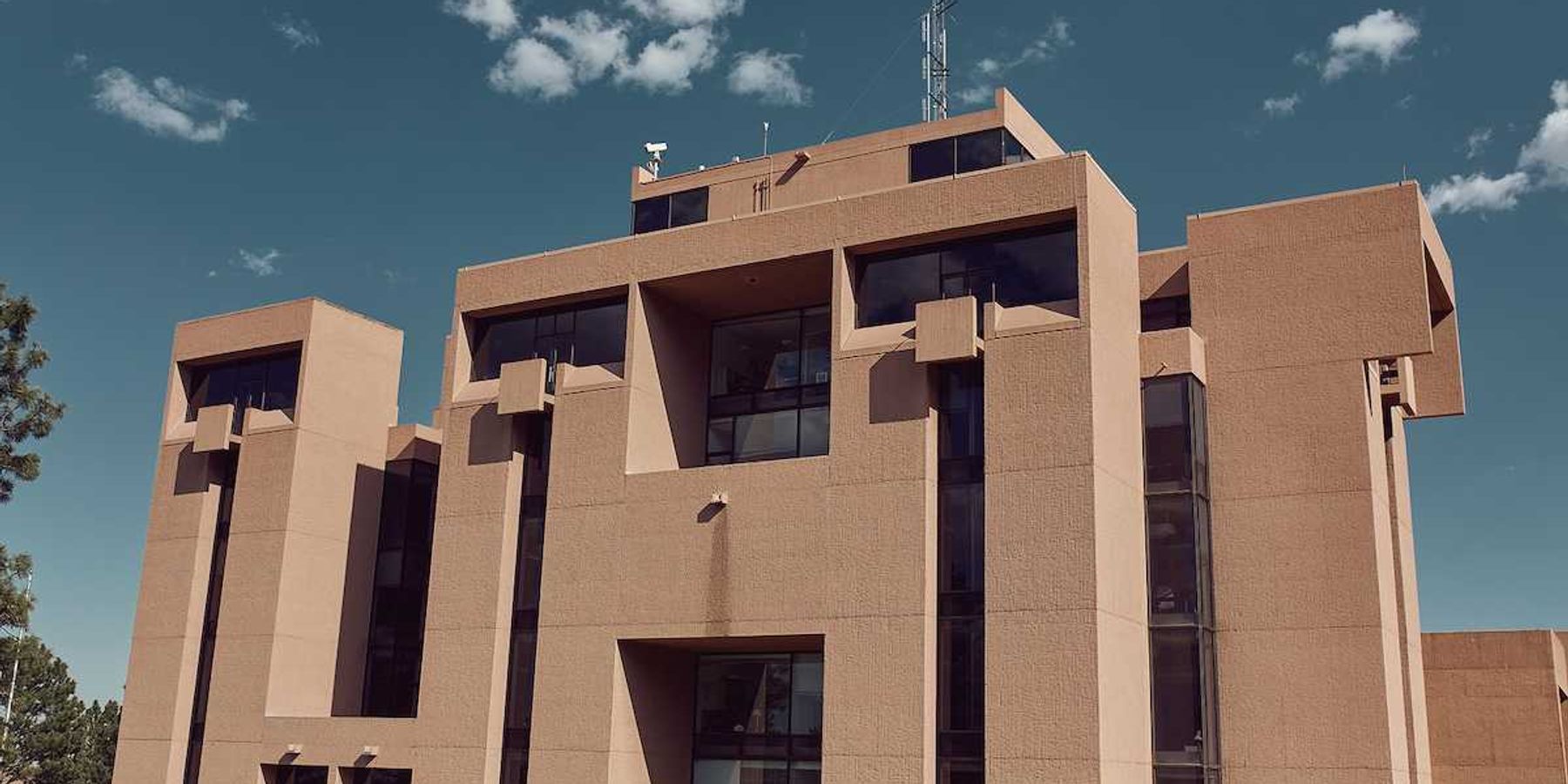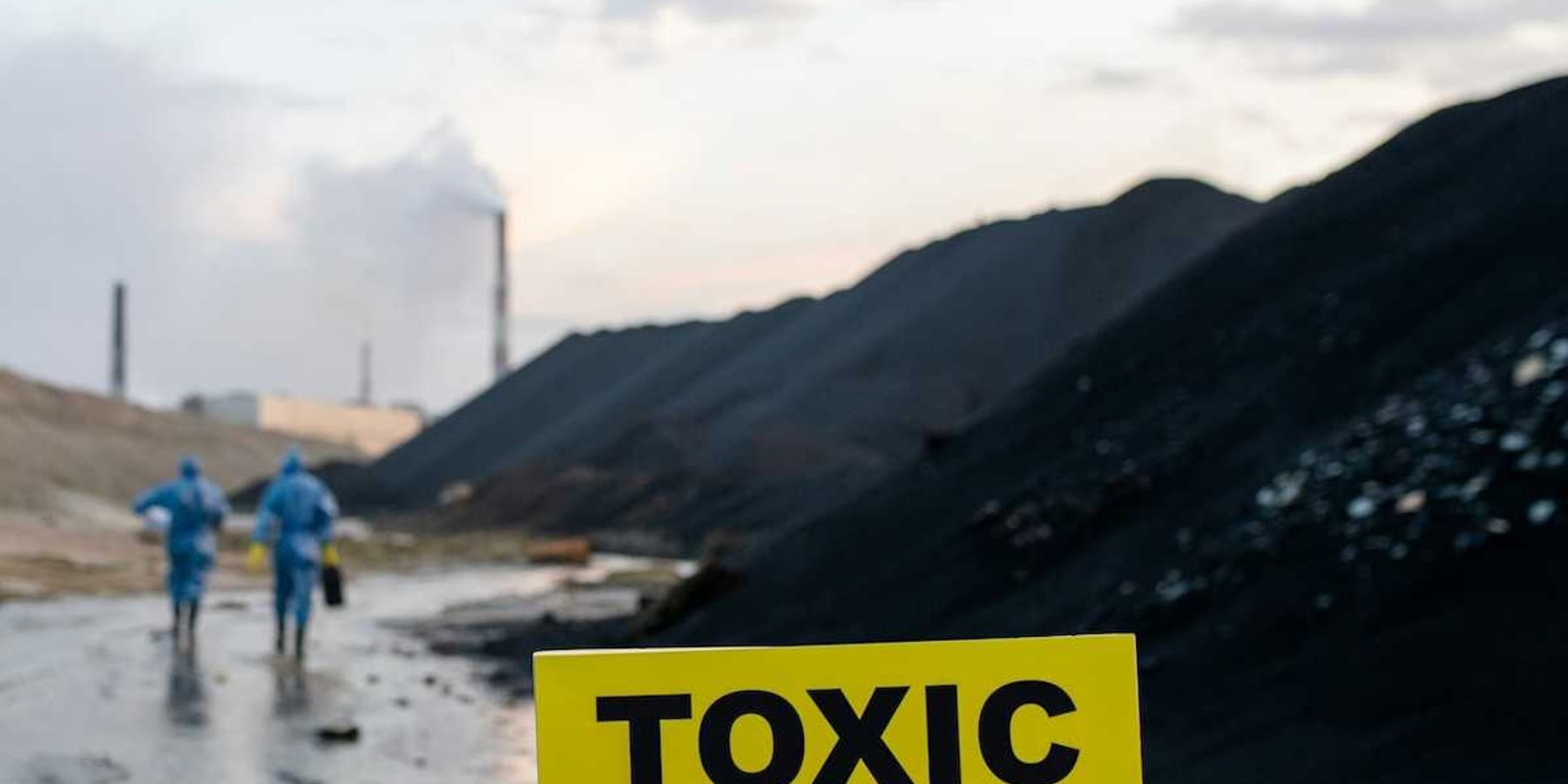Modi faces significant climate challenges in third term
India’s Prime Minister Narendra Modi, reelected for a third term, must address major climate-related challenges exacerbating the country’s political and economic issues.
Somini Sengupta reports for The New York Times.
In short:
- India’s recent election occurred during a severe heatwave, causing heat-related deaths among poll workers and voters.
- Farmers, vital to India's economy, continue to protest due to climate change impacting agriculture and government policies.
- Despite commitments to renewable energy, India’s dependence on coal remains strong, driving up emissions.
Key quote:
“Definitely, increasing extreme weather events (floods, heat waves, storms) are the most important climate challenge facing the government.”
— M. Rajeevan, vice chancellor at Atria University
Why this matters:
India’s vulnerability to climate change threatens the livelihoods of its vast rural population and complicates efforts to maintain economic stability and growth. Modi's administration has previously made strides in promoting renewable energy, particularly solar power, and has set ambitious targets for reducing carbon emissions. However, the scale and urgency of the climate crisis require more robust policies and effective implementation.

